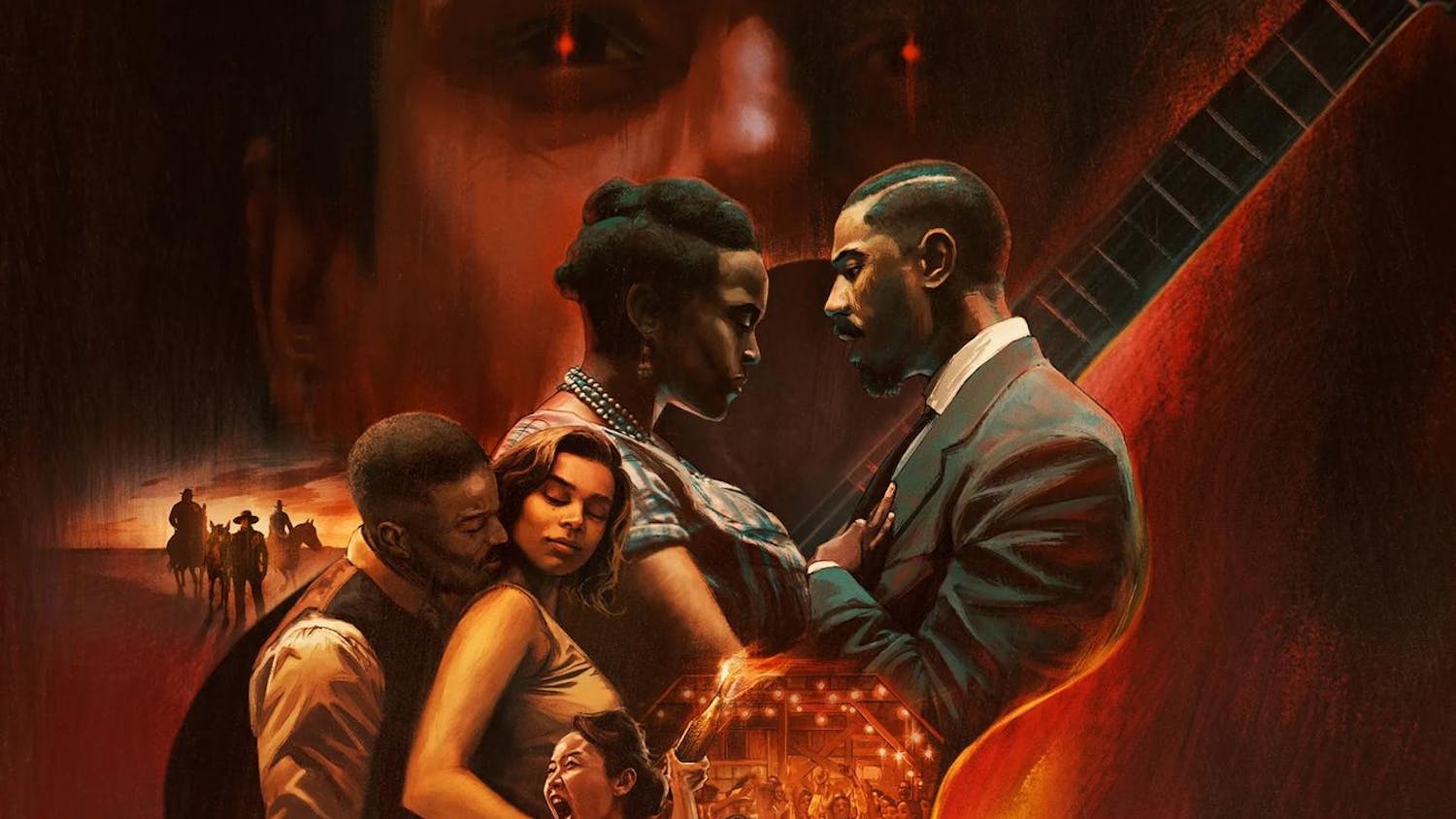Maggie Rogers appeared on the music scene seemingly overnight. Blink and you probably would have missed it. As the story goes, she got her big break in a master class session with Pharell Williams at New York University’s Clive Davis Institute where she played a recording of the now-hit song ‘Alaska’ to a visibly stunned Williams. A video of the interaction went viral, and the rest is history.
Rogers, who is now signed with Capitol Records, released her critically acclaimed debut album Heard It in a Past Life in 2019, and she was nominated for Best New Artist at the 2020 Grammy Awards. After touring with artists like HAIM and Kacey Musgraves, and even headlining a tour of her own (which included not one but two nights at Radio City Music Hall), her path to solidifying herself as an industry staple seemed clear. This past December, Rogers put out Notes From the Archive: Recordings 2011-2016, a collection not of new material but of songs from her back catalogue — some of which had even been previously released.
Organized in reverse chronological order, the premise of the album is that listeners are offered a full look into Rogers’s past and hear her “get younger,” she said in the album’s commentary section. For Rogers, releasing this body of work was about “looking to the future by honoring the past.” That sentiment is reflected in every song, every bit of audio commentary sprinkled throughout the album. Putting this record out was a necessary step in Rogers’ evolution as an artist.
Her album was released with little fanfare; if you look for it online, you’ll only find a couple of reviews from minor media outlets and one or two interviews Rogers did to promote the project. But the work speaks for itself.
Notes opens with what Rogers calls “The Rock EP,” a collection of songs that were recorded in her final year of college but never properly released. The sonic makeup of the first four tracks is everything you’d expect from an emerging indie artist trying to figure out themselves and their sound. Bright guitar riffs enveloped in reverb accompany Rogers’s warm, earthy vocals.
On “Celadon and Gold” and “Together,” Rogers laments the impending end of a college relationship. Her ability to tell a story is on full display as she croons: “I was losing you in grays and blues / A winter sky I never wanted over us.” On “One More Afternoon,” she comes to terms with the death of a friend, singing: “Maybe in 10 years I’ll think about now / I’ll learn that you’re always with me somehow / Always in my mind.” This powerful introspection sets the tone for the rest of the project, where Rogers’s emotional vulnerability is tangible.
From her rock experimentation, Notes takes listeners to Rogers’s earlier years at NYU. It features five tracks from her second EP Blood Ballet that was released in her sophomore year of college. These tracks were briefly available on streaming services, but were eventually taken down in order for Rogers to pursue a career in music journalism (she explains in one of her commentaries that she worried she wouldn’t make a credible journalist if she had her own music out as well).
Blood Ballet’s tracks are more mellow than the ones that precede them and showcase a period of experimentation in both the structure and production of her tracks. “Symmetry” features a haunting piano track that backs Rogers’s airy falsetto vocal line. “New Song” — a sprawling six-and-a-half-minute track featuring her college bandmate Holden Jaffe (known professionally as Del Water Gap) — starts as a seemingly modest duet but builds into a gut-wrenching ballad backed by acoustic guitars. Their vocals on the track blend together seamlessly, and the melodies are so powerful and all-consuming that they almost leave you feeling empty when the song ends.
The final part of Notes features work from Rogers’s first EP, The Echo, which was released just as she was graduating from high school. Her folk roots take center stage on these tracks, featuring banjo-focused production and the type of nostalgic storytelling lyrics that define the genre. “Kids Like Us” might be the best example. Featuring just Rogers’ vocals and a banjo, she laments: “And on the eve of my fifth birthday / When my father found me in tears / And I’ve always been fearless / But scared of oncoming years.”
Ultimately, an album like this one feels refreshing. The rise to pop stardom often appears easy, instantaneous and predestined. Notes is a direct rebuttal to that narrative, and it showcases the years of hard work and creative growth that go into building a career as an artist.

ADVERTISEMENT




